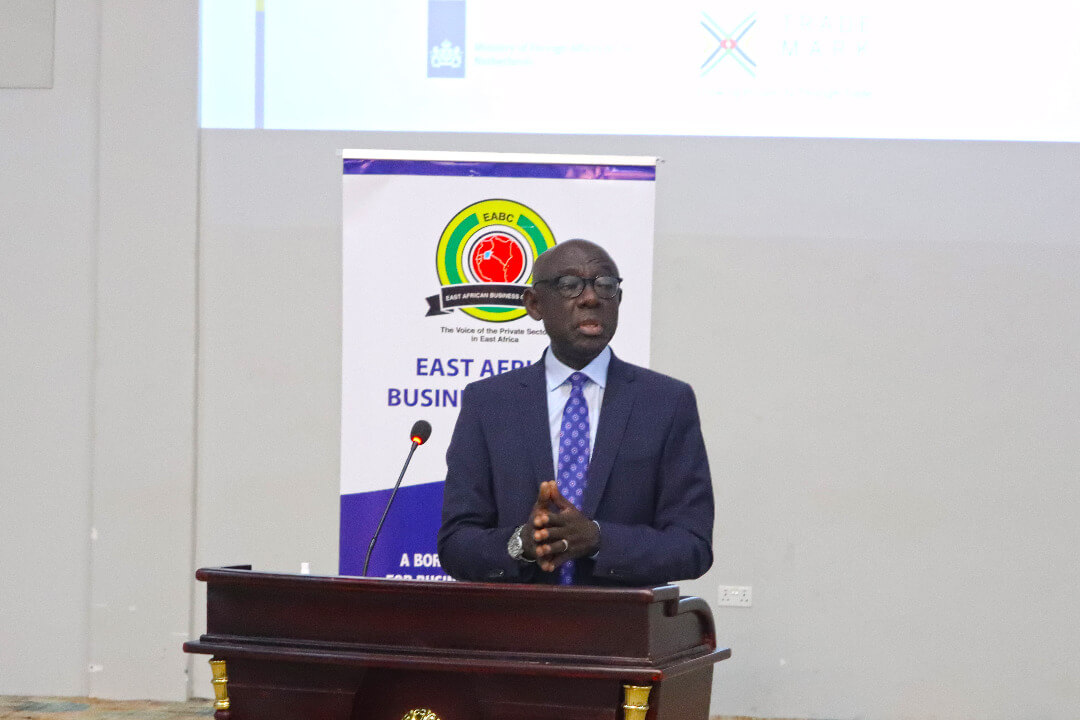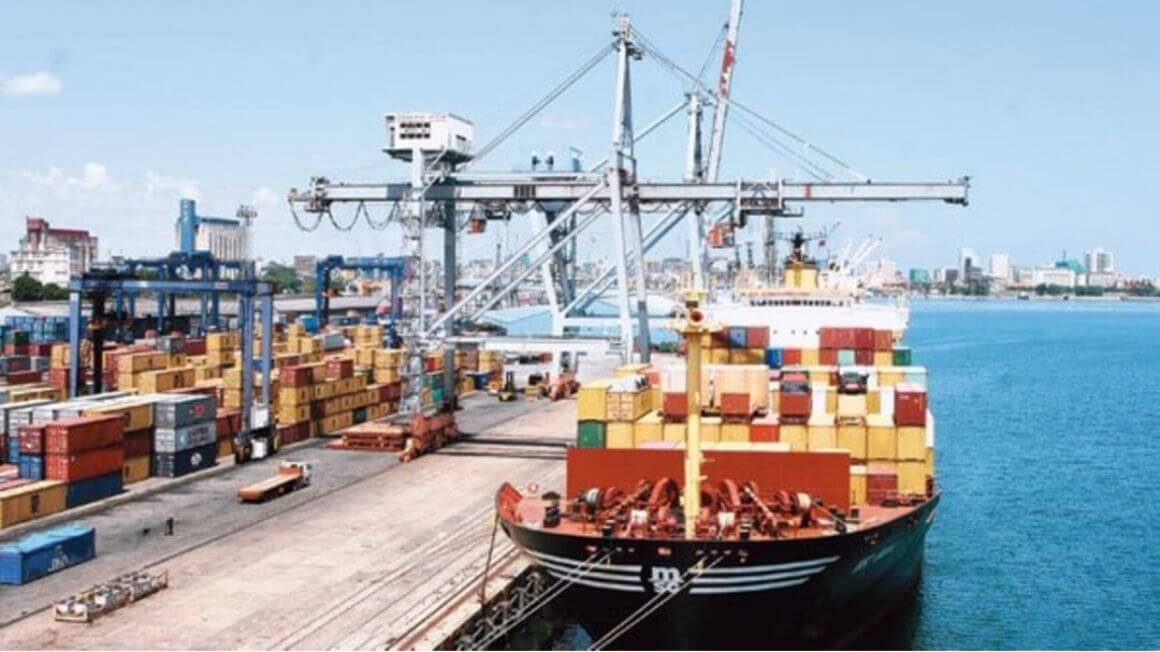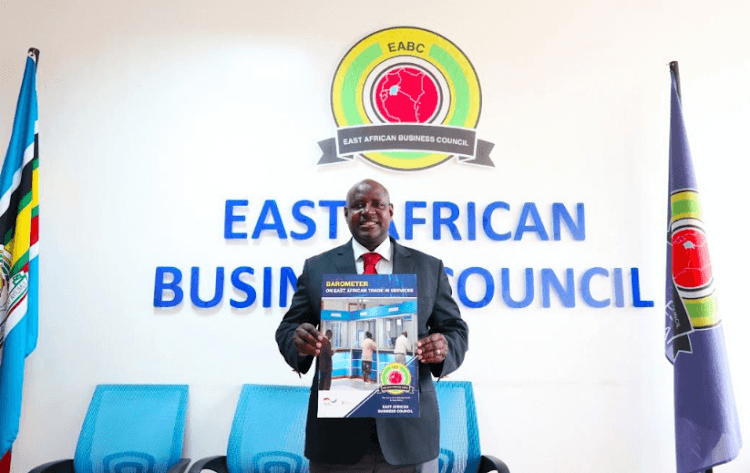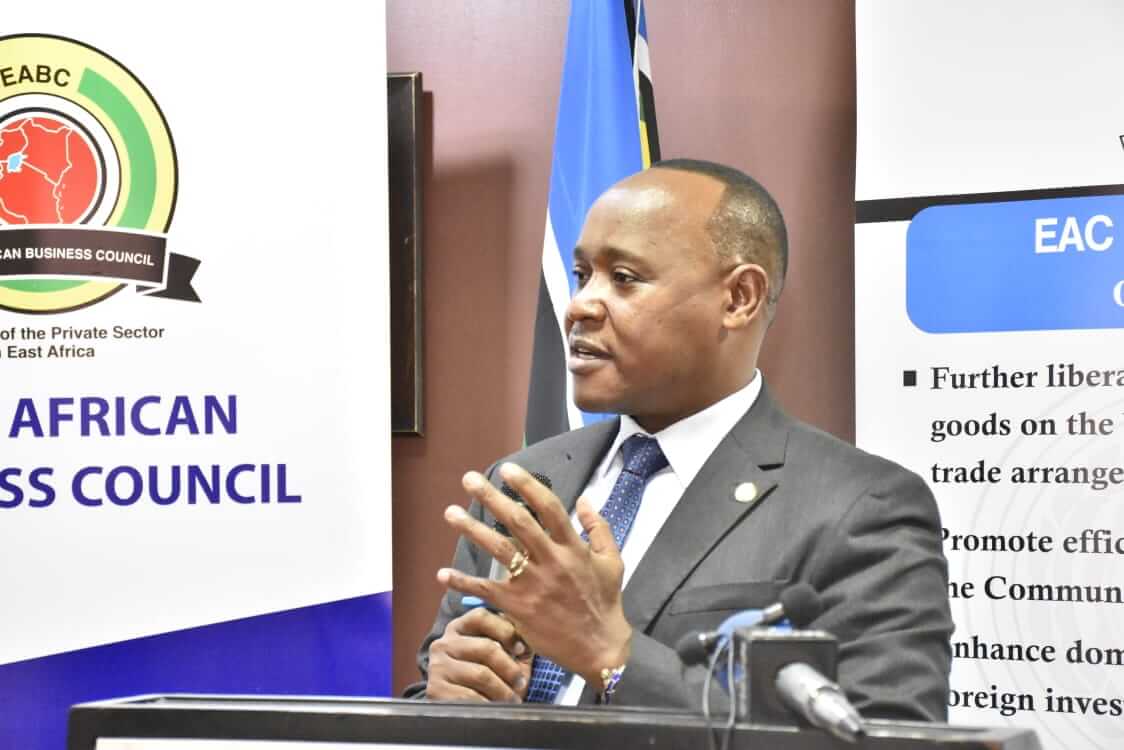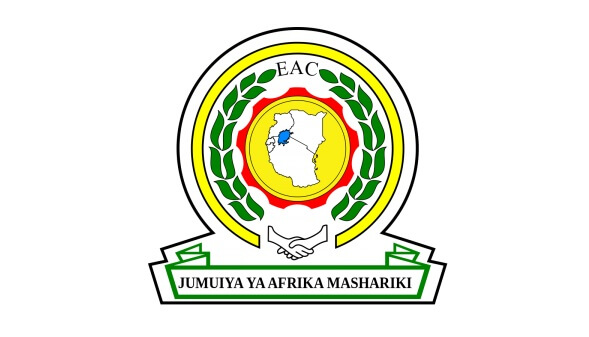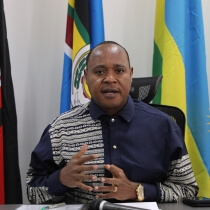ADOPTION of the 35 percent as the 4th band of East African Community (EAC) Common External Tariff (CET) by partner states will promote industrialization and boost intra- regional trade and investments. Chairperson of the East African Business Council (EABC) Angelina Ngalula Chairperson of the East African Business Council (EABC) Angelina Ngalula made the statement over the weekend when addressing the 8th meeting of the EABC board in Dar es Salaam. Ngalula outlined priorities set to boost intra-EAC trade and investments as she lauded the council’s secretariat for championing the adoption of 35 percent as the EAC CET 4th band. She said the board is steadfast in steering high-level policy advocacy through dialogue with the EAC Heads of State to unlock non-tariff barriers (NTBs), restrictions to free movement of services, double taxation, open skies, telecommunications and infrastructure development to boost intra-regional trade and economic resilience amid the global crisis. According to the Food and Agriculture Organization of the United Nations (FAO) — global food price index of cereals, meat, and dairy rose by 26 percent whereas half of the countries in the Eastern Africa sub-region are net food importers. The situation makes the countries extremely vulnerable to higher global food and energy prices, rising inflation and food insecurity in the EAC bloc. The board urged the EAC Council of Ministers to fast track finalization of the regional local content policy and ratification of Article 24(2) of the Protocol on the Establishment of the Customs Union to operationalise the trade remedies committee...
New priorities for EAC intra-regional trade growth,economic resilIence
Posted on: September 26, 2022
Posted on: September 26, 2022



